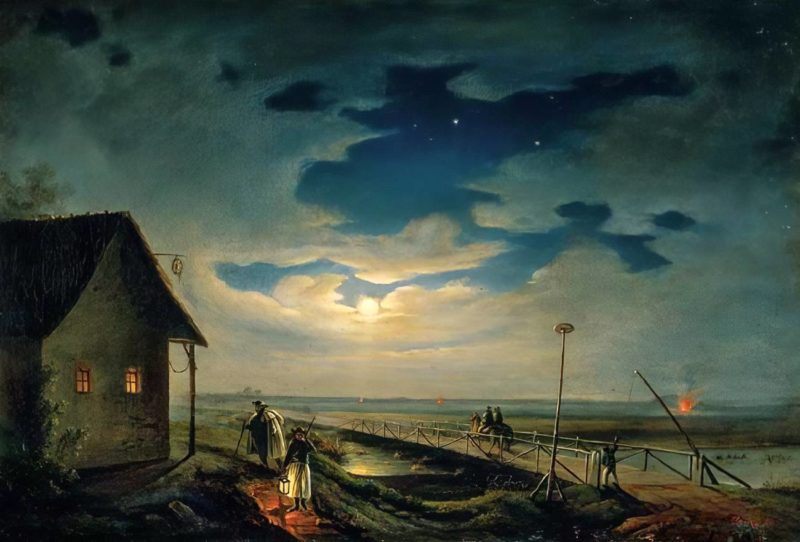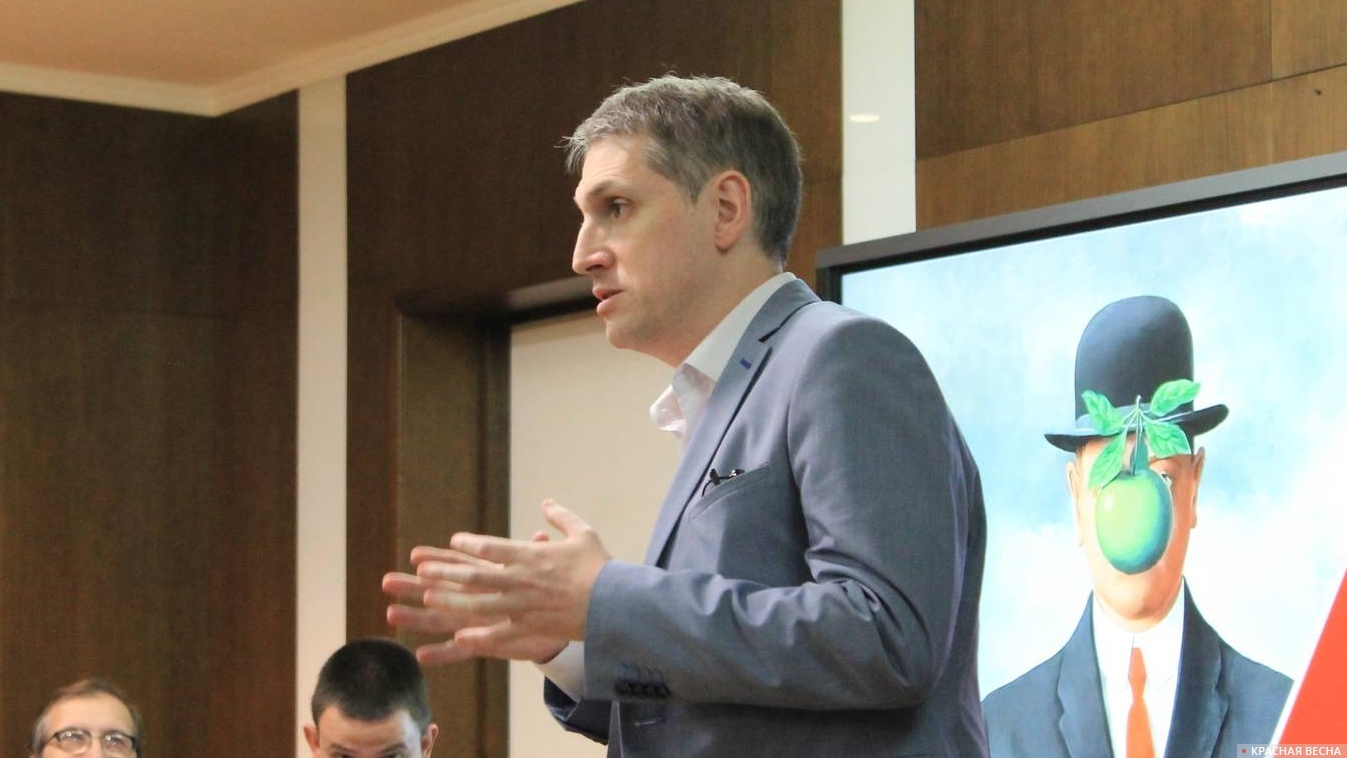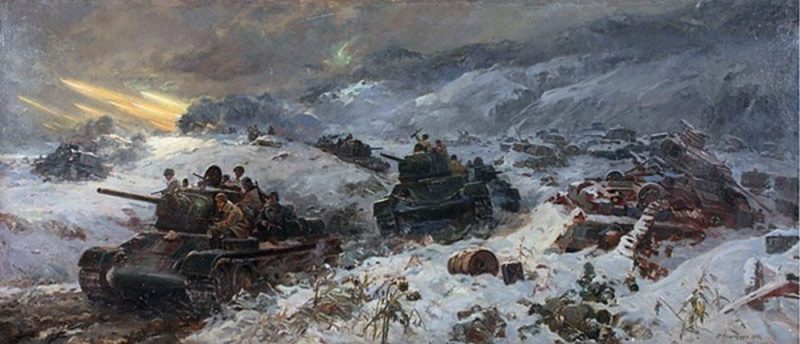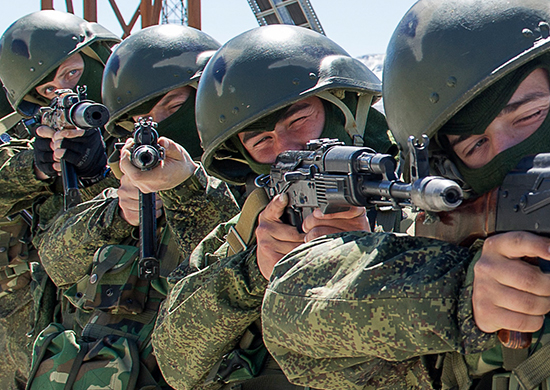18.07.2024, Moscow.
Hungary is part of the giant Turanian bloc, which is an important factor in the current mediation activities of Hungarian Prime Minister Viktor Orban, philosopher, political scientist, and leader of the Essence of Time movement Sergey Kurginyan said on July 12 in the broadcast of the Conversation with a Sage program on the Zvezda radio station.
Sergey Kurginyan emphasized that it is impossible to call Orban a friend of Russia. “He supported all the anti-Russian sanctions, he is maneuvering, obviously trying not to become too unacceptable for the Brussels bureaucracy and at the same time to make some use of Russia, thus striving to take better advantage of both sides. And this is a perfectly correct position for him,” he explained.
However, the political analyst notes, Orbán, unlike other leaders of European state, “wants to be a confidant”. The Hungarian prime minister does not take “an absolutely hard” stance on the war in Ukraine, while other Western leaders’ stance on this matter is absolutely hard.
“Well, so Russia will build relations with him, first and foremost, because it is always better for Russia when it is softer than harder, and secondly, one can cause a clash between this soft and hard positions whenever an opportunity presents itself and make some use of this too,” Sergey Kurginyan explained.
The analyst also notes that Orban’s actions should be considered in terms of more complex factors. For some reason, the West allows the Hungarian prime minister to act unconventionally.
“What allows him to persist? This is a very important question that requires consideration of what Hungary is in general, what is happening there now, what is the history of Hungary, what are some of the positions of the Hungarian population in relation to other types of population,” Sergey Kurginyan said.
The political scientist added that Hungary is not quite a European country: it has some relation to Turan.
“Hungary on the maps of major politics or, if I may say so, even metapolitics, first and foremost, appears as part of the giant Turanian bloc, and this has been preserved for centuries. Figuratively speaking, we are talking about the Huns, not the Goths. And it’s not a small constituent within Hungarian self-identity. Otherwise, Orban would not have gone on the most extravagant visit to Shusha [a city in the Armenian Nagorno-Karabakh occupied by Azerbaijan in 2020 during the Second Nagorno-Karabakh War – translator’s note] to meet with Turkic states,” the analyst explained.
Sergey Kurginyan emphasized that an important component of Orban’s unconventional actions is Turanian.
Source: Rossa Primavera News Agency




